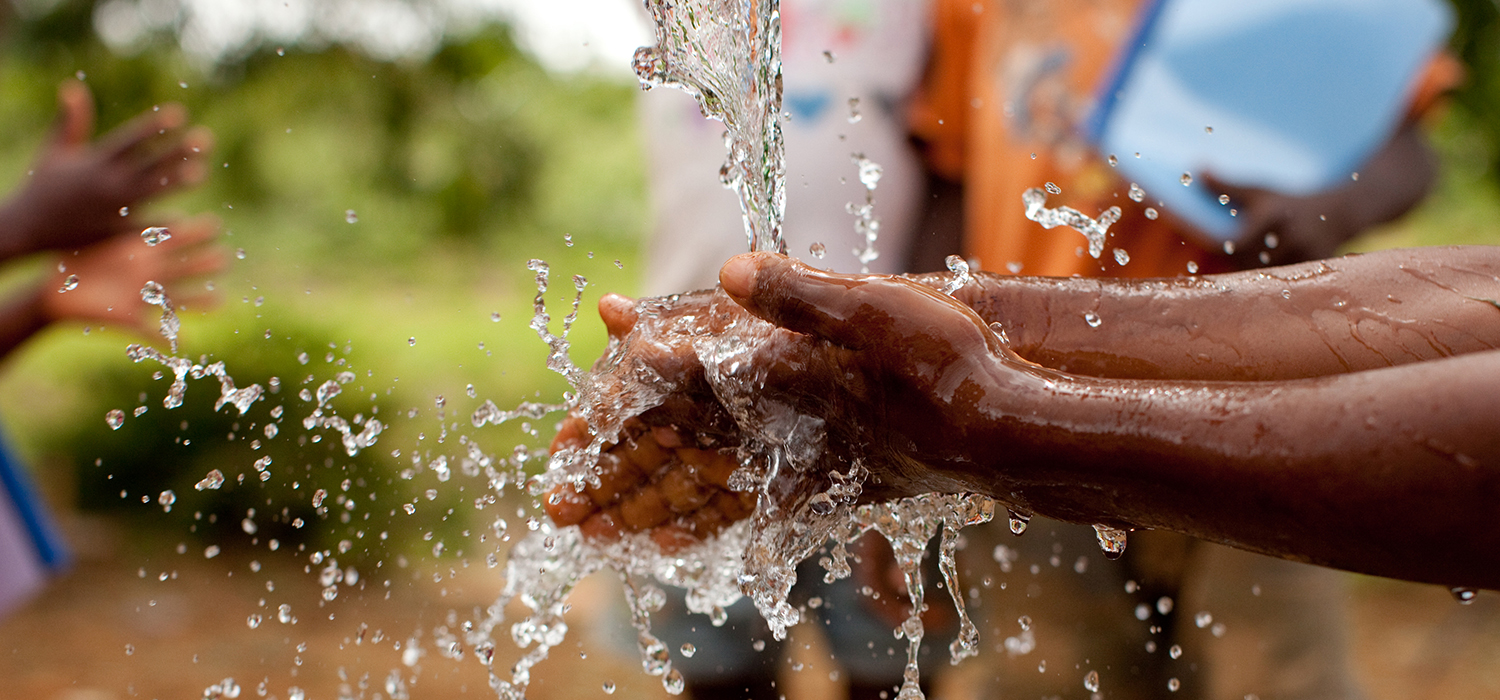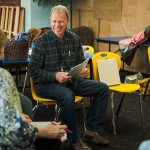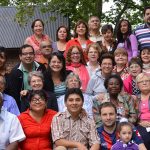John Payne, MD, Advancement Facilitator
Ownership of water supplies is a very tricky issue in rural Africa and in much of the rest of the developing world. In most developed parts of the world, public water companies supply water, or water comes from private wells monitored by public agencies.
In rural Africa, much of the water comes from wells drilled by outsiders – from groups like the United Nations or private charitable organizations. The expectation used to be: “Outsiders will build the well and pumping mechanism, and then turn the completed project over to locals to maintain.” However, maintenance often required more funds, expertise, and trust of one’s neighbors than most local groups possessed. That meant many wells had a short life expectancy. In 2008 the British magazine, The Guardian* estimated that about 60% of the wells it sampled in developing countries were not functioning. They said that much of the $360 million spent by outsiders had been wasted
Since then, outside agencies have improved their methods. Many now focus on lower-cost products and put more energy into training locals to perform maintenance and repairs. In some cases, they even train villagers how to charge fees for water. These fees allow communities to save for repairs and spare parts needed later. However, systems set up by outsiders often fail after the outsiders leave. In some cases, local politicians promise free water to attract voters and thus sabotage maintenance funding. In the end, unless local people are working together to carry out their own plans, water often dries up, and trust between local people suffers.
Local ownership is one of the reasons Community Heath Evangelism (CHE) can be so powerful. CHE cannot begin work until local people choose their own leaders to pursue their own goals and protect their own results. In some places I have seen, where local leaders prioritized improving their water supply, community people pooled their resources to develop simple water projects. In others, communities who had learned to work together showed they were able to maintain the new equipment as part of their appeal for government construction help.
However, the best source of group trust and cooperation comes when local villagers discover the love of Jesus Christ. Then loving their neighbors as themselves is just part of loving Jesus. As the love of Jesus permeates a community, people are much more willing to act unselfishly and volunteer for the good of their community. Soon this love begins to spread to other communities, and true regional transformation begins.
*Water debate: are boreholes sustainable? | Society | The Guardian





